For the past 60 years, The Pennsylvania Sports Hall of Fame has honored and inducted over 780 incredible men and women who have made a lasting impact in Pennsylvania through extraordinary athletic achievement and contributions. Whether these activities have been achieved on or off the field, we honor them. Through our future virtual museum, we educate and celebrate their achievements for years to come.
The Pennsylvania Sports Hall of Fame’s 2025 Induction Ceremony and Dinner is Saturday, October 18, 2025 at 6:00 pm at the Sheraton Station Square Hotel.
Charles "Chuck" Cooper
Deceased
Year Inducted:1974
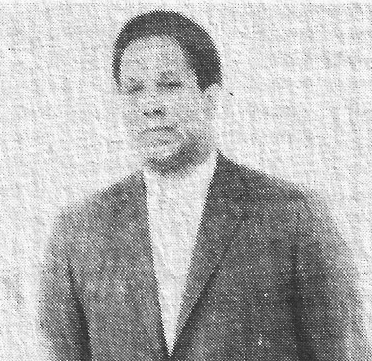
-
At Pittsburgh’s Westinghouse High School, he twice won All- City basketball honors. He went to Duquesne
University where he was an All- American and played on two NIT teams and was the Dukes’ captain
his senior year.
On April 25, 1950, Chuck Cooper made history when he became the first Afro-American to be drafted by an NBA team. The Boston Celtics selected Cooper with the 13th overall pick in the second round. He also played for the Harlem Globe Trotters, Celtics, Milwaukee/St. Louis Hawks and The Fort Wayne Pistons.
Chuck Drulis
Deceased
Year Inducted:1974
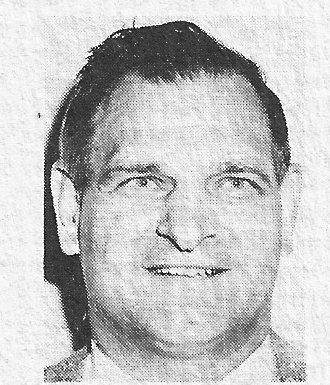
-
Chuck attended Temple University and played seven seasons In the NFL. He made his debut in the NFL in 1942 with the Chicago Bears, but spent the next two-and-one-half-seasons in military service during World War II. He returned to the Bears in 1945 and played there until 1949. He spent his final season with the Green Bay Packers in 1949.
Drulis went on to spend many years as a defensive assistant. Most of these as a secondary coach with the St. Louis Cardinals. His wife, Dale Drulis was an artist who was commissioned to create the artwork at the Pro Football Hall of Fame in Canton, OH. The hammered copper figures over the entry were her creation.
Earle Edwards
Deceased
Year Inducted:1974
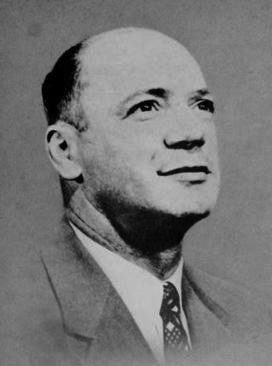
-
Earle was a native of Greensburg, PA and played football at Penn State. He became an assistant football coach at his alma mater (1936-1948) and at Michigan State (1949-1953). Earle became the head football coach at North Carolina State in 1954 and serve the Wolfpack until 1970. He compiled a record of 77-88-8 and is the longest tenured coach in NC State Wolfpack football history and holds the program records for games coached, wins, and losses. His teams won five Atlantic Coast Conference titles and made two Liberty Bowl appearances. He was named the ACC Coach of the Year.
Glenn Horst
Deceased
Year Inducted:1974
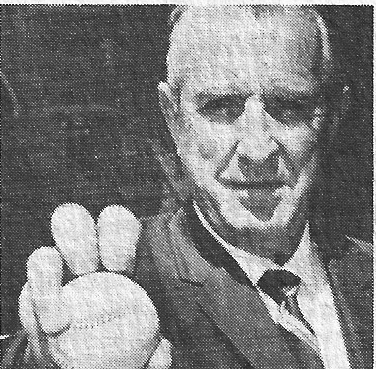
-
Glen Horst was one of the greatest all-around athletes in Franklin & Marshall history. He was quarterback of the football team, an All-Conference forward on the basketball team and a pitcher on the baseball team. He also received varsity letters in track and golf. In all he earned 11 varsity letters. Horst once pitched a five hit 1-0 win against the Philadelphia Phillies. He later coached baseball and basketball at F&M.
William "Bill" Jeffrey
Deceased
Year Inducted:1974
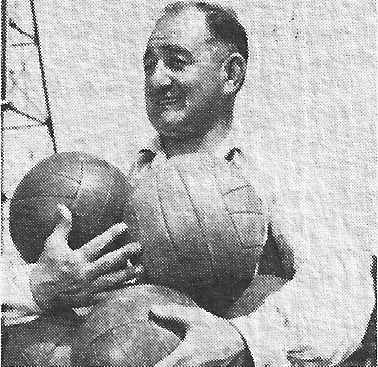
-
William began playing soccer at an early age in Scotland, but suffered a career ending injury. His mother sent him to live with an uncle in the United States. He began working in a railroad shop and was soon managing the company team. In 1925, his team played an exhibition game at Penn State University. This resulted in an offer to coach the men’s soccer team, a position he held for 27 years. Beginning in 1932 the Nittany Lions would go on a 65 game-winning streak which ended in November, 1941. The United States Soccer Football Federation selected Jeffrey to coach the United States men’s national soccer team. He led them to its historic 1-0 win over England in the 1950 World Cup, considered one of the greatest Upsets in soccer history. The Penn State Soccer Stadium was named Jeffrey Stadium and and the NCAA awards the annual Bill Jeffrey Award to college coaches.
Walter "Bull" Levine
Deceased
Year Inducted:1974

-
Harry “The Chief” Litwack
Deceased
Year Inducted:1974
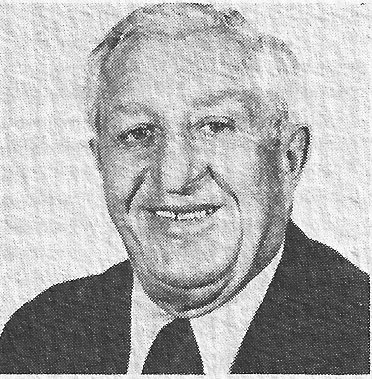
-
A true gentleman, Harry Litwack’s flawless character, distinguished coaching ability and outstanding sportsmanship made him a legendary figure in Philadelphia sporting annals. Nicknamed “The Chief” after the catch phrase he used when meeting new people. Litwack is credited with developing the box- and- one defense. He played seven seasons with the Philadelphia SPHA’s (1930-’31), helping them capture championships in both the Eastern and American Basketball Leagues. With a strong playing background, Litwack then coached the Temple’s Freshman team to a 181-32 record from 1931to 1951. The Chief Became Temple’s varsity head coach in 1952 and compiled a 373-193 Record. He only suffered one losing season in 21 years, directed the Owls to 13 postseason tournaments, including the 1969 NIT championship and two NCAA Final Fours. He enjoyed eight 20- win seasons and six trips to the NCAA Tournament.
Danny Litwhiler
Deceased
Year Inducted:1974
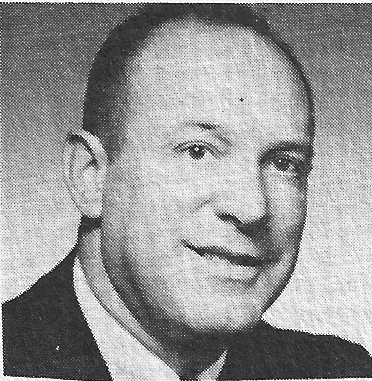
-
Unlike most major leagers at the time, Danny graduated from college (Bloomsburg State Teacher’s College) in 1938. The baseball facility at Bloomsburg is named Danny Litwhiler Field. Danny was a major league outfielder from 1940 to 1951. He played for the Boston Braves, St. Louis Cardinal, Philadelphia Phillies and the Cincinnati Reds. In 1942 he was the first regular Major Leaguer to have an errorless season. Also, that year he was the first outfielder to wear a glove with the fingers stitched together. He batted .305 in 1941 and was named to the 1942 All-Star Game. In 1942 he had 308 putouts and 9 assist without making an error. He had an errorless streak of 187 before making an error on May 20, 1943, his only error that season for a .996 fielding percentage. He was traded to the St. Louis Cardinals in 1943 and was a key player in the 1944 World Series against the St. Louis Browns Litwhiler coached at Florida State University from 1955 to 1963, and led them to three college World Series appearances. He then coached at Michigan State University from 1964 to 1982.
Anthony Margio
Deceased
Year Inducted:1974
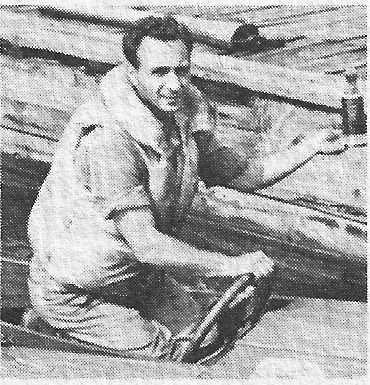
-
Anthony Margio was involved in the design and building of superior motor speed boats.
He would then race these boats both domestically and internationally. He was recognized as one of the world’s great speed boat drivers.
Robert Peck Jr
Deceased
Year Inducted:1974
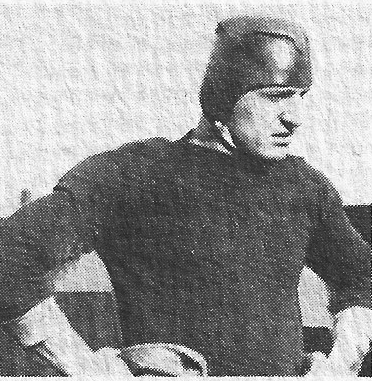
-
Robert Peck was an outstanding center for Pop Warner at the University of Pittsburgh gardnering three All-American honors. At Pitt, Peck won back-to-back national championships in 1915 and 1916. In 1917 he played in the Ohio League, the direct predecessor to the modern National Football league for the Youngstown Patricians and the Massilion Tigers. That season he earned All-Pro honors.
Following his time at Pitt, he served as Athletic Director at Culver Military Academyuntil his unexpected death in 1932.
Joe Schmidt
Living
Year Inducted:1974
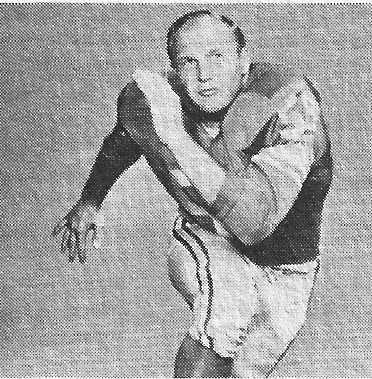
-
A native of Pittsburgh, Joe played at Brentwood High School and the University of Pittsburgh where he captained the 6-3 1952 team. As a senior he was selected a first team All-American and played in the Senior Bowl. He was drafted by the Detroit Lions and joined the 1952 NFL Champions league best scoring defense.
He appeared in all 12 regular season games and help lead the Lions to the 1953 Championship and 2nd best scoring defense. In 1954, Schmidt was selected All-Pro and a spot in the Pro Bowl the first of 10 consecutive Pro Bowls in his career. In 1956, he was elected team captain, called defensive signals and was the Lions player representative. He had perhaps his best season in 1957 as the Lions won their third Championship in six years. He was selected first team All-Pro and was named the NFL Lineman of the year.
Joseph Charles Scott
Deceased
Year Inducted:1974
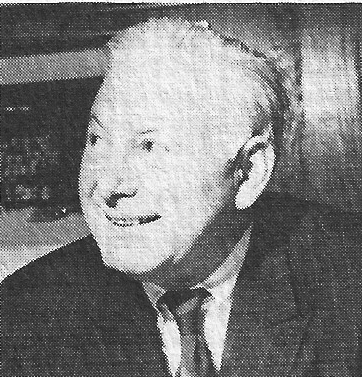
-
Joe Scott was a Philadelphia businessman and Founding partner of the National Hockey League’s Philadelphia Flyers. The Flyers won two Stanley Cups with Scott as President in 1974-1975.
Frank Thomas
Deceased
Year Inducted:1974
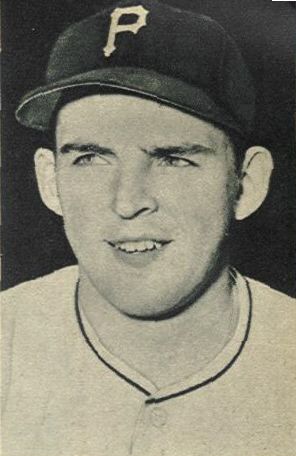
-
Frank Thomas was born June 11, 1929 in Pittsburgh, Pennsylvania and attended high school at Our Lady of Mount Carmel secondary school. As a teenager he attended a seminary in Niagara Falls, Ontario, and studied for the Roman Catholic priesthood for five years before entering pro baseball. Thomas signed with the Pittsburgh Pirates as an amateur free agent in 1947. He debuted with the Pirates in 1951 and was adept at playing first, and third and left field. With the Pirates, he made three All-Star games (1954,55,58). In 1958Thomas finished fourth in the voting for Most Valuable Player, when he batted .281, finished second in the National League to Ernie Banks with 35 home runs, and had 109 RBIs. Thomas appeared on the cover of the July 28, 1958 issue of Sports Illustrated. He also won his only NL Player of the Month award in June, batting .275, with 9 HR, and 29 RBI. On August 16, 1958, Thomas hit three home runs in a 13-4 rout of the Cincinnati Reds. In 1959 Thomas was traded to Cincinnati and continued in big-league baseball with various teams until 1966. In a 16-season career, Thomas posted a .266 batting average with 286 home runs and 962 RBIs in 1,766 games. He was larger than the average player of his time, and known for his opinionated nature. One of his nicknames as a player was "The Big Donkey." In retirement Thomas was active in supporting charities especially “Kids with Cancer.” Because of the other famous Frank Thomas who was inducted into the Cooperstown Hall of Fame in 2014, he would tell all he was the “original one.”
Return to Inductee at a Glance main page.